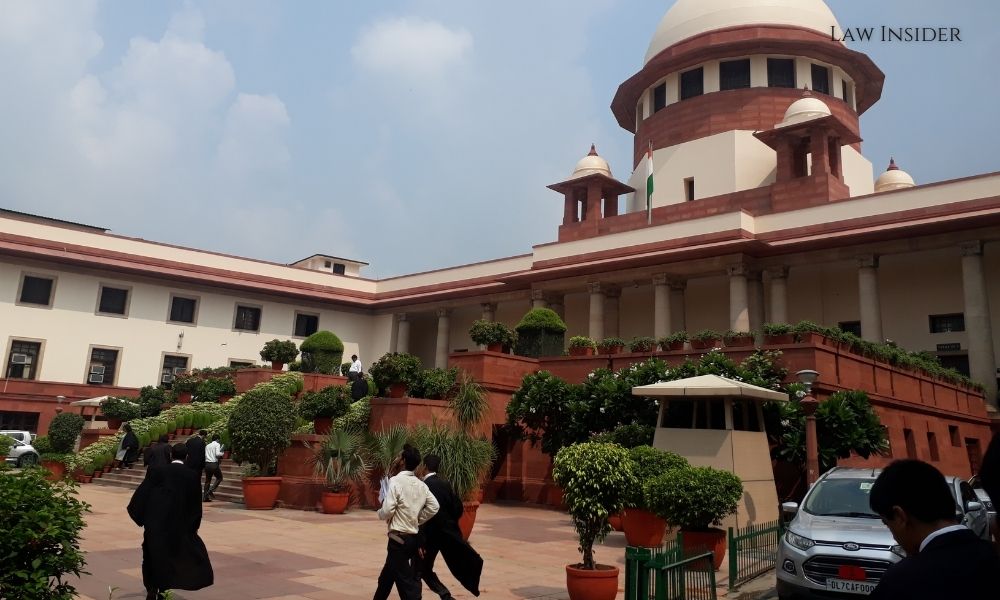Aastha Thakur
Published on: 05 August 2022 at 21:55 IST
The Supreme Court asked the Centre to file a fresh reply to the plea by a group of academicians and researchers seeking guidelines to govern investigating agencies in the country with respect to seizure, examination and preservation of personal digital and electronic devices and their contents.
A Bench of Justices Sanjay Kishan Kaul and MM Sundresh said that the counter-affidavit filed by the Central government was not up to mark and incomplete. Hence, the plea filed is not maintainable is not enough.
The Court directed, “We are not satisfied with the counter-affidavit and we seek a new and proper reply with references to international practices as well. List on September 26.”
The Court also remarked that many a time, such devices carry personal content or work which need to be protected since the livelihood of people in academia depend on it.
The Bench states, “The counter affidavit is not complete. Saying not maintainable etc is not enough. Please look into it yourself Additional Solicitor General. I don’t think an officer of this level can look into it.”
The Additional Solicitor General (ASG) SV Raju, from the Centre side, was reprimanded for filing unsatisfactory counter-affidavit. He however assured the Court that fresh plea will be filed soon and this time government will careful and thorough.
The case was file by former JNU professor and researcher, Ram Ramaswamy; professor at Savitribai Phule Pune University, Sujata Patel; professor of Cultural Studies at the English and Foreign Languages University, Madhava Prasad; professor of Modern Indian history at Jamia Millia Islamia, Mukul Kesavan and theoretical ecological economist Deepak Malghan.
The case is all about entirely unguided power wielded by investigative agencies to take control of devices that “contain much if not all of a citizen’s personal and professional life, requires to be civilised by way of directives from Supreme Court.”
Further the plea also put forward that the majority of people belongs to academic field or authors of repute from whom the devices have been seized by the agencies.
The petitioner’s states that, “The academic community does and stores its research and writing in the electronic or digital medium, and the threat of damage, distortion, loss or premature exposure of academic or literary work in the event of seizure of electronic devices is considerable.”
The petitioner argues that there is not authoritative procedures or guidelines given under any law, not even police manual to rely on regarding the seizure of electronic/digital material and its appropriate mode of recovery, which is distinct from the recovery of other kinds of material.
“The CBDT manual has some reference to this but neither the CBI nor the NIA appear to have any procedural protocol in this regard,” the plea said.
The petitioner also underlined and seeks direction to be given regarding copy of the seized devices must be provided to the accused in a appropriate form. In the actual wordings, the petition says-
“A hard drive is a source of so much information which can be interpreted and misinterpreted, and the copy of what is seized must remain with an accused in a form that cannot be overwritten or changed so that he can offer his own interpretation of what is present, including involuntary downloads, access, and any interpolation can be detected,”
In this regard, the petitioners relied on Article 15(1)(c) of the International Covenant on Economic, Social and Cultural Rights ratified by India, saying as the signatory country it bounds the State to protect the moral and material interest in any scientific, literary or artistic work.

